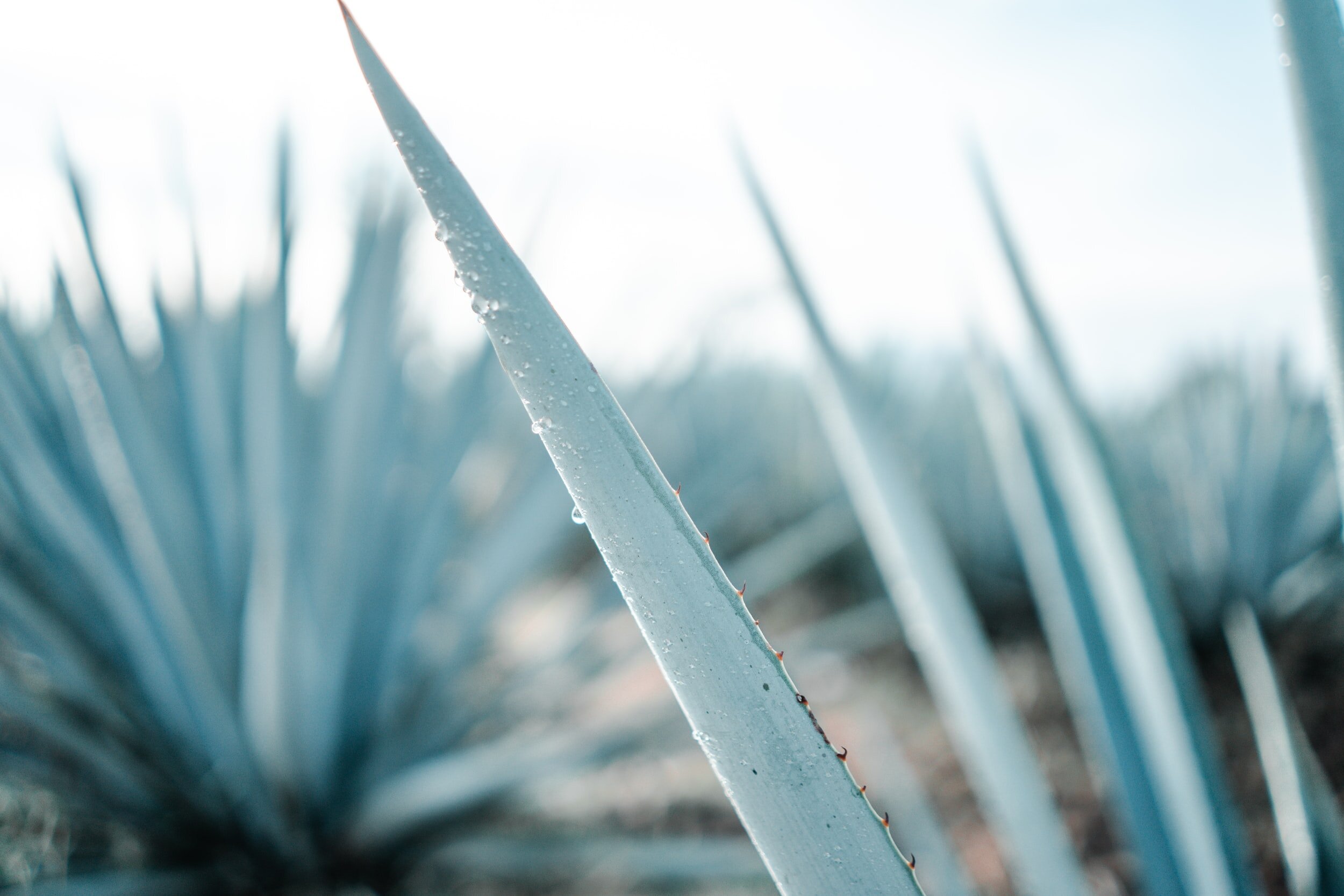
Sotol
Origins
Until recently, Sotol was thought to be an agave spirit made from the Sotol Plant or Desert Spoon. However, it has been discovered that the Desert Spoon isn’t part of the agave family and is in fact a varietal of the Asparagaceae family of plants - Dasylirion wheeleri - a plant that grows wild throughout the Southwestern United States and Northern Mexico. As a result, Sotol isn’t an agave spirit! However, it does share very similar flavor profiles to mezcals so we’ve included it here in the agave spirits section.
The Desert Spoon plant is much different than than agave plants in that it’s growth period takes 12-15 years to reach maturity for production. It also only germinates from seeds produced by it’s flowering stalk rather than by the plant shoots like agave plants. Couple this with the fact that the dry desert of Chihuahua isn’t ideal from growing seasons and germination and you have a plant that survives in harsh climates and is less than ideal as a harvesting crop.
As for the history of Sotol - the plant that its made from has been used in clothing, rope, and other household items for thousands of years. The oldest archeologic records show that this dates back to over 7000 BCE. As for the beverage? Records show that Sotol’s earliest forms were much like pulque for indigenous Chihuahuan people as a fermented beer like substance used for ceremonial purposes.
What Makes it Sotol?
How is it made?
Harvesting of the Sotol plant typically takes place in winter months when plants are under the least amount of stress from the hot climate. Once harvested, they are roasted for 72 hours in clay ovens and then crushed to extract all of the sugars from the plant. The fermentation process takes up to three days and is then distilled in copper column stills. Because of the sugar content in the plants, it is typical that one plant will only yield one bottle of Sotol, which makes this entire process all the more delicate and precise.
Legal Specifications?
• Can only be produced in three states:
Chihuahua, Coahuila and Durango
• Cores are cooked in above ground ovens
• Can only be made from wild harvested Desert Spoon plants
• Ranges from 35 - 45% ABV
Where can it be made?
Can only be produced in three states:
Chihuahua, Coahuila and Durango
Tasting Notes & Popular Expressions
Growing in the harsh desert climates of Chihuahua, Sotol has earthy and spicy notes with hints of leather, cacao, and pepper. It can also have bright and grassy notes depending on where and how it is made! Became of the Desert Spoon’s close relativity to the pine family of plants, it can also have a subtle pine, evergreen, or sap notes to it.
Sotol can also be found with infusions depending on local traditions. Throughout the holidays it will often be infused with cinnamon, pecans, and raisins. It can also be found with rattlesnake venom in it to boost fertility - we strongly recommend avoiding these varietals as they could cause health complications to certain individuals.
Suggested Brands - Hacienda de Chihuahua, Sotol Por Siempre, & Fabriqueros
Suggested Cocktails - Neat with a crisp beer for in between sips, Rosita, Sotol and Soda with Sage and
